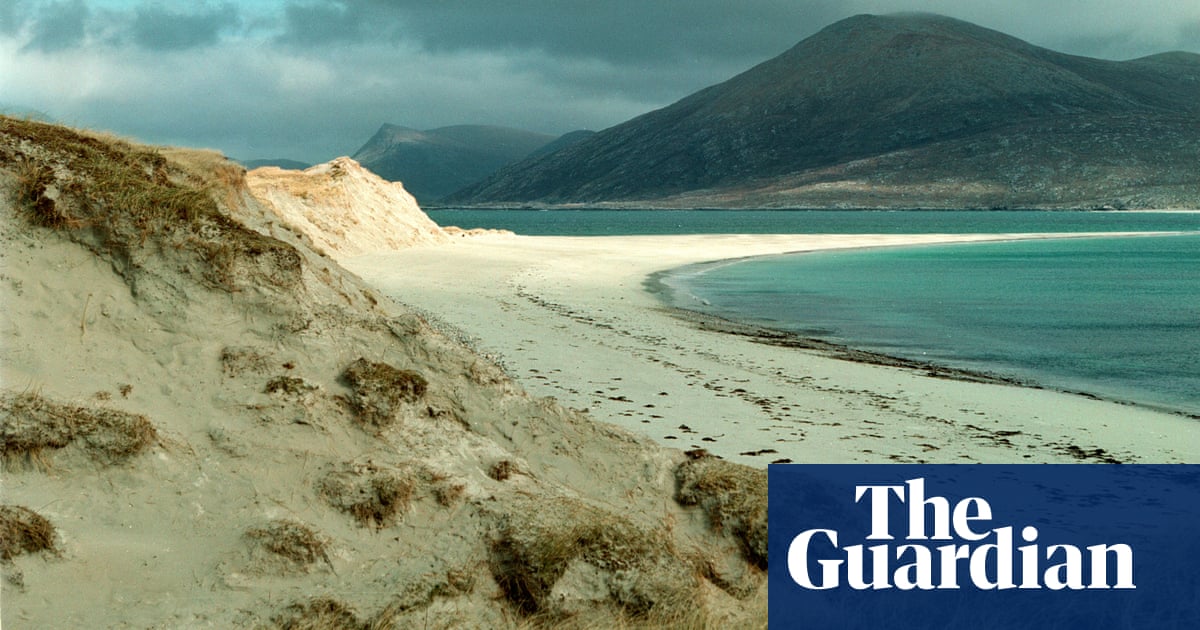
A Benin bronze in the collection of a Newcastle museum is to be proactively returned to Nigeria, the latest in a number of repatriations that ratchet up pressure on the British Museum to follow suit.
Bosses of the Great North Museum: Hancock announced that it had recently been established that a brass stave with a distinctive bird finial had been looted from Benin City by the British military in 1897.
It was taken during the ugly “punitive expedition” in which a palace and much of the ancient city was destroyed. The bronzes, about 4,500 plaques, statues and other objects actually made from a brass alloy, were later auctioned off to defray the expedition costs.
They are in museum collections across the world and momentum has been growing for institutions to voluntarily repatriate them.
On Wednesday it was announced the Newcastle museum would do that, following the example of institutions including Jesus College, Cambridge and the University of Aberdeen by sending back the bronze.
Vee Pollock, dean of culture and the creative arts at Newcastle University, which has stewardship of the collections, said they had “no hesitation” in making the decision. “There is no real question for us that the right thing to do was to offer its return.”
The distinctive object, currently on display at the museum, was acquired in 1951 after the Wellcome Historical Medical Museum dispersed non-medical objects from its collection.
The original accession cards for the objects were recently digitised, said Pollock. “We were able to trace the provenance, which categorically let us know that it was part of the punitive expedition.”
Pollock said the decision was a significant one but a continuation of work it had been doing since the early 2000s, when the museum returned human remains to New Zealand and Australia.
In this instance the evidence said categorically that the object was taken illegally “and in circumstances that I doubt any would condone”.
Keith Merrin, the director of Tyne & Wear Archives & Museums, said returning the stave was the right thing to do. “Repatriation can be a powerful cultural, spiritual and symbolic act which recognises the wrongs of the past and restores some sense of justice,” he said.
The return is part of the museum’s wider repatriation and decolonisation policy.
The kingdom of Benin, in what is now southern Nigeria and not to be confused with the modern-day country of Benin, was one of the most important and powerful pre-colonial states of west Africa.
Germany has said it will this year hand back to Nigeria Benin bronzes in its public collections. The Smithsonian in Washington has also committed to repatriation.
All of which adds pressure on the British Museum, home to the most famous collection of Benin bronzes – about 900 – in London. It has not agreed to return the bronzes but is a member of the Benin Dialogue Group.
A central objective of the group is to establish a new museum in Benin City to allow “the most comprehensive display in the world of Benin bronzes”. The Ghanaian-British architect Sir David Adjaye has designed it.
A spokesperson for the British Museum said: “We believe the strength and public value of the British Museum collection resides in its breadth and depth, allowing millions of visitors every year an understanding of the cultures of the world and how they interconnect over time – whether through trade, migration, conquest, or peaceful exchange.
“The museum understands and recognises the significance of the issues surrounding the return of objects and works with communities, colleagues and museums across the globe to share the collection as widely as possible.”












